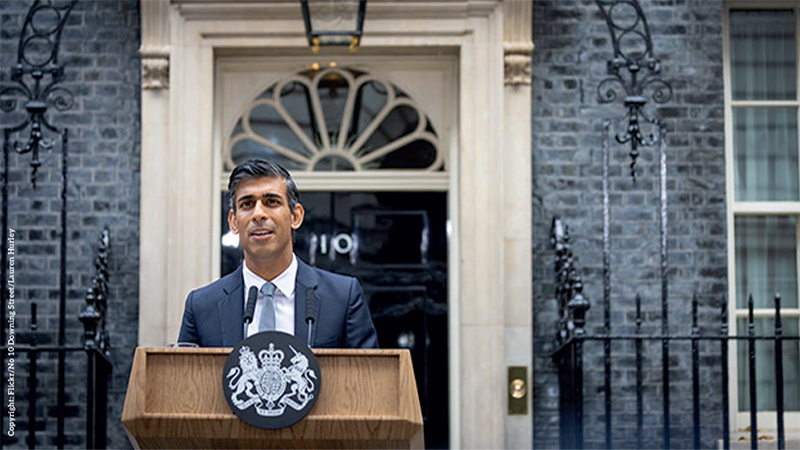The average return of the ARC Sterling Steady Growth Index, which is based on the most common risk profile run by discretionary investment managers, rose by 1.9% in May, the firm has revealed.
This brings average year-to-date performance to 4.7% and 12-month performance to 10.6%.
ARC said equity sector positioning was key, with technology outperforming while property, energy and oil stocks all disappointed. The performance of fixed income investments was mixed, with flat to modest positive figures muting the returns of cautious mandates. US dollar investors benefited from a currency tailwind.
ARC said that feedback from investment managers pointed to the dominant factor shaping their current thoughts being the impact of premature euphoria on the Fed ‘pivot’.
Stubborn service sector inflation has jolted the expected smooth downward trajectory of inflation in the US, ARC noted. The central case is that most managers anticipate two Fed rate cuts in 2024 and are not expecting an adjustment at the Federal Open Markets Committee (FOMC) meeting on 10-11 June.
See also: Sector in review: IA Commodities and Natural Resources
Investment managers also emphasised the temporary nature of political shocks to equity markets, given the large number of elections taking place around the world in 2024.
Themes commonly referred to by money managers included the ‘careful exploration’ of how to exploit the potential of AI and how best to express technology exposure in their portfolios.
Paul Kearney, managing director of ARC, said: “Results for the year to date are broadly better than they may have expected, and sentiment continues to be positive. Entering 2024 general anxiety centred on the likely depth of the anticipated US recession.
See also: PIMCO: Multi asset investors should expect regional divergence
“Economic slowdown seems to have been averted and there remains significant liquidity in financial markets notwithstanding that this is diminishing as QE is reversed,” he continued.
“However, the massive US stimulus driven by the US Inflation Reduction Act is possibly a counterbalance to the impact of quantitative tightening.
“The febrile geopolitical environment is not at the front of managers’ minds. The focus remains on macroeconomic factors and the resilience of underlying corporate profits.”
See also: How much longer will gilt and treasury yields remain in lockstep?








